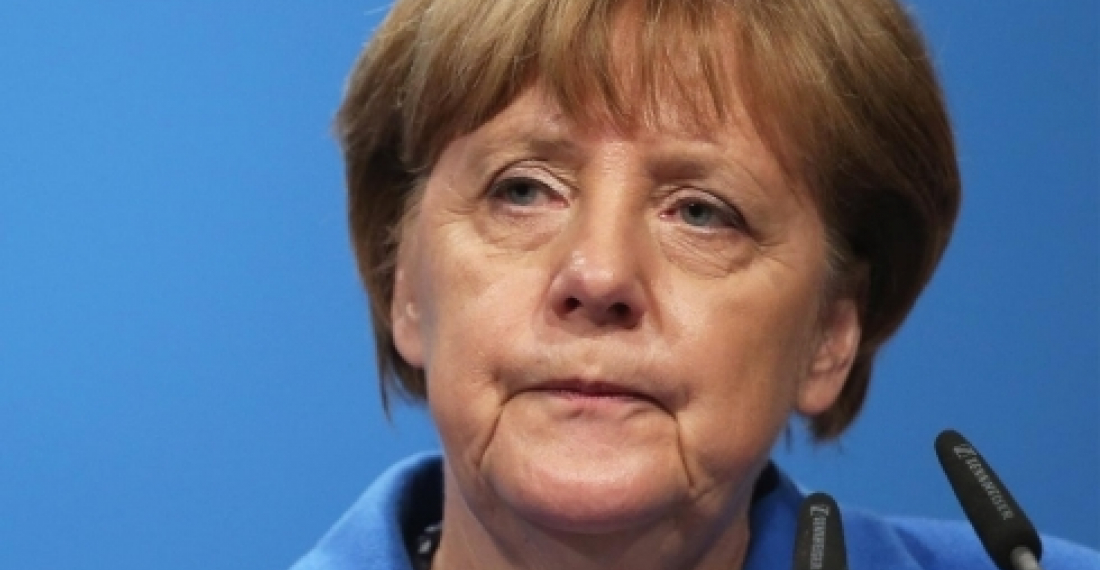Georgian Prime Minister Giorgi Kvirikashvili will meet German Chancellor Angela Merkel on June 15, the German government confirmed on Sunday. "Issues related to the bilateral relations, the situation in the South Caucasus and the EU-Georgian relations will be discussed," said Steffen Seibert, a spokesman.
Georgia was expected to complete a deal this week on visa-free travel in the Schengen zone for Georgian tourists, after Georgia met the EU's technical requirements. However the move was blocked by Germany, which said Tbilisi must take action on criminal gangs first.
It also said the European Parliament (EP) should first ratify a new "suspension mechanism" that would let EU states freeze waivers if lots of visitors overstayed their 90-day limit or started claiming asylum. France and Italy joined Germany in blocking the deal, which now looks unlikely to be in place before the autumn.
The meeting on Wednesday June 15 will take place in Berlin, with the Georgian prime minister leaving Germany the following day.
Merkel and Kvirikashvili also had a phone conversation last week. "The two leaders discussed the topic of European integration. The Prime Minister emphasized the importance of successful and timely completion of the process of visa liberalization," said the prime minister's office in a statement after that call.
"These and other issues will be discussed by the Georgian and German parties by the Prime Minister's official visit to Germany."
SOURCE: commonspace.eu and agencies
PHOTO: Angela Merkel (Getty)






